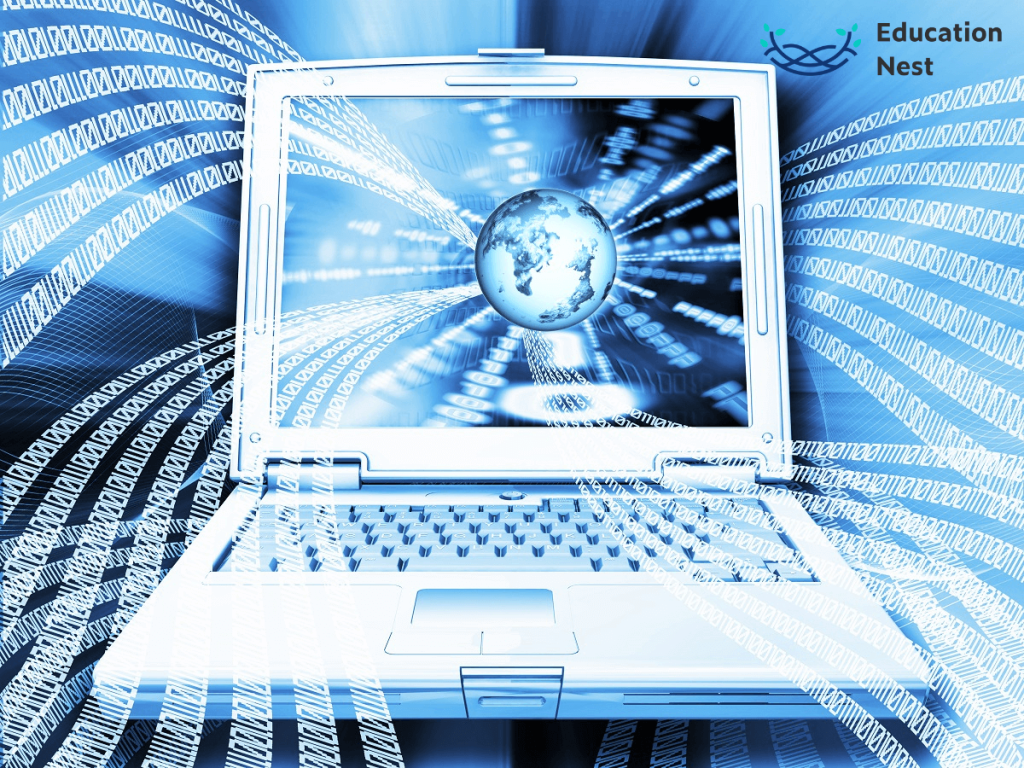Computer security is required to protect sensitive data such as bank records, social security numbers, and trade secrets. This data could be accessed illegally with severe consequences, including identity theft and financial fraud.
Cyber threats like hackers, viruses, and malware are becoming increasingly sophisticated and pervasive. Effective computer security procedures are necessary to protect against these threats and prevent potential damage.
What is Computer Security?
Computer Security is the preservation of data and computer systems against loss, theft, and unauthorized access. Similar to other expensive or sensitive equipment, computer hardware is typically protected by serial numbers, doors and locks, and alarms.
What are the major components of Computer Security?
Computer security relies on the CIA triad, which includes the following factors.
Confidentiality: It refers to preventing private information from falling into the incorrect hands. Using firewalls, encryption, and passwords to restrict access will help maintain the confidentiality of data.
Integrity: Data must be protected from unauthorized deletion or modification. Data integrity is maintained by implementing safeguards such as backups, access restrictions, and intrusion detection systems.
Availability: Users can access data and systems at any given time. Using redundant systems, a secondary power source, and contingency plans will increase the system’s availability.
Importance of Computer Security
The need for Cybersecurity is increasing rapidly as we are becoming more technology dependent.
- Need for Computer security amongst Individuals and Businesses: People can now steal identities from social media profiles. Dropbox and Google Drive now store bank account information, credit card numbers, and social security numbers.
Everyone uses computers daily, whether working for a small business or a large one. A few decades ago, there were no security risks like today. Keeping up with computer security keeps things running smoothly. Cyberattacks, malware, and other problems with security can make it hard to do work and cost a lot of money.
- To prevent Breaches: Government and Private sector agencies require businesses to keep their data and systems safe.
Security problems can hurt a company’s reputation and revenue. Computer security can protect a company’s reputation and keep security breaches from happening.

What are the different types of Cyber Threats, and what Measures to Prevent them?
Cyber threats are unethical activities designed to steal, damage, or compromise data by exploiting computer systems, networks, and digital device defects. Cyberthreats can take many different forms, including:
Computer Security: Malware
Malware is malicious software designed to harm a computer or network or steal information. Malware includes worms, Trojan horses, viruses, and ransomware.
Computer Security: Phishing
Phishing is a social engineering attack in which the attacker poses as a trustworthy entity to deceive the victim into disclosing personal information such as passwords or credit card details.
Botnet
A botnet is a collection of computers linked to the Internet and infected with software by a hacker. A “zombie computer” is a specific type of computer. As a result of this risk, the bot will utilize the victim’s computer for malicious purposes and to launch a more powerful attack, such as a DDoS.
You Must Like: What is the CIA Triad? History, Importance and Examples
Rootkit
A rootkit is a computer program that conceals its presence while allowing privileged users to access a machine. After a rootkit is installed, its controller can remotely run files and change system settings on the host machine.
Computer Security: Password Assaults
Password assaults are attempts to gain access to a system or network by guessing or cracking passwords.
Measures to Prevent Cyber Threats
Technical and administrative measures are the best ways to protect against cyber threats. Some ways to protect against cyber threats are:
- Use of Strong passwords also change the passwords you use for your accounts often.
- Updates should often be made to fix hardware, software, and operating system bugs.
- Firewalls and antivirus software control network traffic and stop people who shouldn’t be there from getting in.
- Encrypt sensitive data both while it is being sent and while it is being stored.
- Multi-factor authentication keeps user accounts safe.
Conclusion
In conclusion, computer security is vital to protect private data, ensure the continuation of corporate operations, comply with regulatory requirements, manage reputation, and protect against cyber threats.
